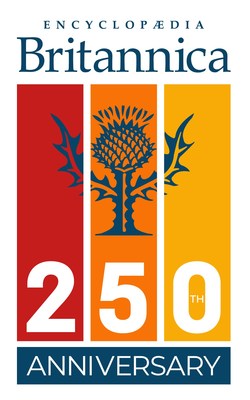

However, it too was charged with cultural bias, and after its eleventh edition, the Britannica began producing a more scientistic collection of facts and data with greatly reduced entries on biography and social sciences. The Encyclopedia Britannica, became the premier standard for encyclopedias in the nineteenth century as it integrated scientific and traditional knowledge. Modern encyclopedias, by making the sum of knowledge available to all citizens, are designed to be tools for democracy. In so doing, it effectively undermined the Church's traditional monopoly on knowledge. The first modern type encyclopedia, compiled by teams of scholars, arranged alphabetically, and composing 20-30 volumes, was produced by Denis Diderot in France, with the expressed purpose of disseminating Enlightenment ideas and the new advances in scientific knowledge to a wide audience. It is a reference work ordered like an expanded dictionary and is designed to be available to everyone.

The modern alphabetical encyclopedia evolved in the context of the Enlightenment and the rise of modern science. In the Middle Ages in the Holy Roman Empire knowledge was largely controlled by the Church and encyclopedias were kept by religious scholars in conformity with church doctrine. They were compiled by teachers and their schools, and they were arranged by subject matter rather than as an alphabetical reference work. In ancient times encyclopedias were teaching tools for instruction of the aristocracy.


enkyklos paideia), literally 'the things of boys/child in a circle', meaning "a general knowledge." The word comes from the Classical Greek ἐγκύκλιος παιδεία (pron. Funk & Wagnall's New Standard Encyclopedia (1931) was a small encyclopedia which could be afforded by many householdsĪn encyclopedia, encyclopaedia or (traditionally) encyclopædia, is a comprehensive written compendium that contains information on all branches of knowledge or a particular branch of knowledge.


 0 kommentar(er)
0 kommentar(er)
